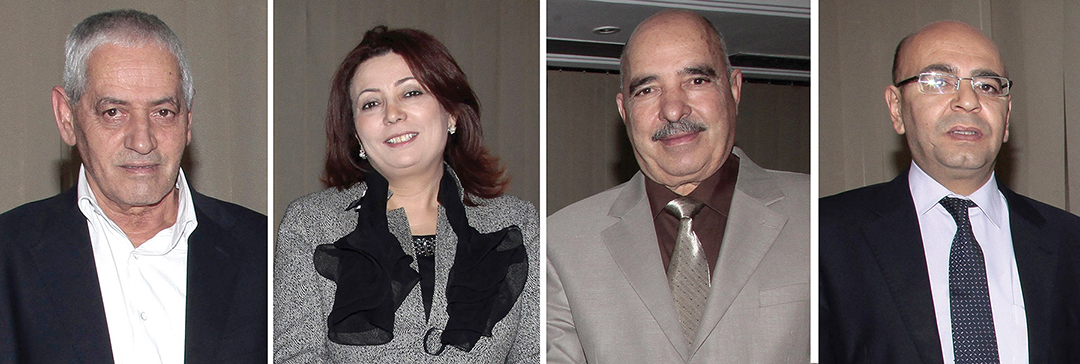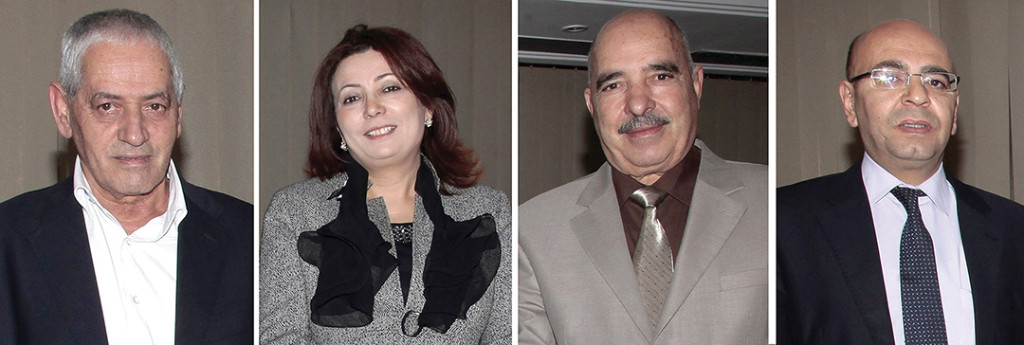REUTERS
Tunisia’s National Dialogue Quartet won the Nobel Peace Prize in 2015 for helping to build democracy in the birthplace of the Arab Spring. The nation is held up as an example of a peaceful transition in a region otherwise struggling with violence and upheaval.
The quartet of the Tunisian General Labour Union (UGTT); the Tunisian Confederation of Industry, Trade and Handicrafts; the Tunisian Human Rights League; and the Tunisian Order of Lawyers was formed in the summer of 2013. It helped support the democratization process when it was in danger of collapsing, the Norwegian Nobel committee said in its citation.
“This is a great joy and pride for Tunisia, but also a hope for the Arab World,” said UGTT chief Houcine Abbassi. “It’s a message that dialogue can lead us on the right path. This prize is a message for our region to put down arms and sit and talk at the negotiation table.”
With a new Constitution, free elections and a political compromise between Islamist and secular leaders, Tunisia has been held up as a model of how to transition from dictatorship to democracy.
The Nobel Peace Prize, worth 8 million Swedish crowns ($972,000), was presented in Oslo on December 10, 2015. When the award was announced, the Norwegian Nobel Committee praised the quartet for providing an alternative, peaceful political process at a time when the country was on the brink of civil war. “More than anything, the prize is intended as an encouragement to the Tunisian people, who despite major challenges have laid the groundwork for a national fraternity, which the Committee hopes will serve as an example to be followed by other countries,” it said.
After an uprising that led to the ousting of autocrat Zine El-Abidine Ben Ali in 2011 and inspired the Arab Spring protests, Tunisia now has a new Constitution, free elections and a coalition government with secular and Islamist parties. But in 2013, Tunisia appeared to be sliding into a political crisis that would end its transition, with secular opponents demanding that an Islamist-led government step down.
The UGTT, with other civil society partners, negotiated between the two sides, helping to form a caretaker government to hold power until new elections were held. The crisis ended and, in 2014, Tunisia held successful legislative and presidential elections to complete its transition.


